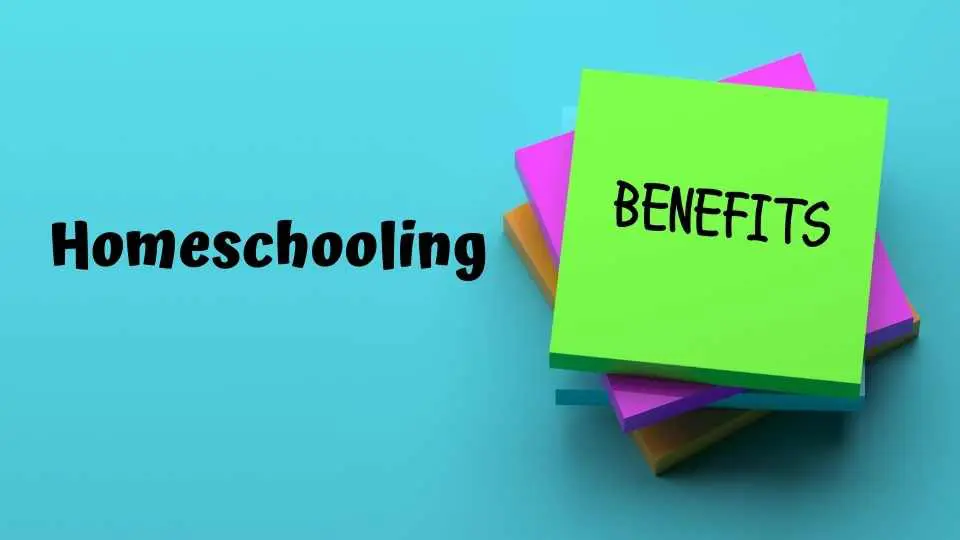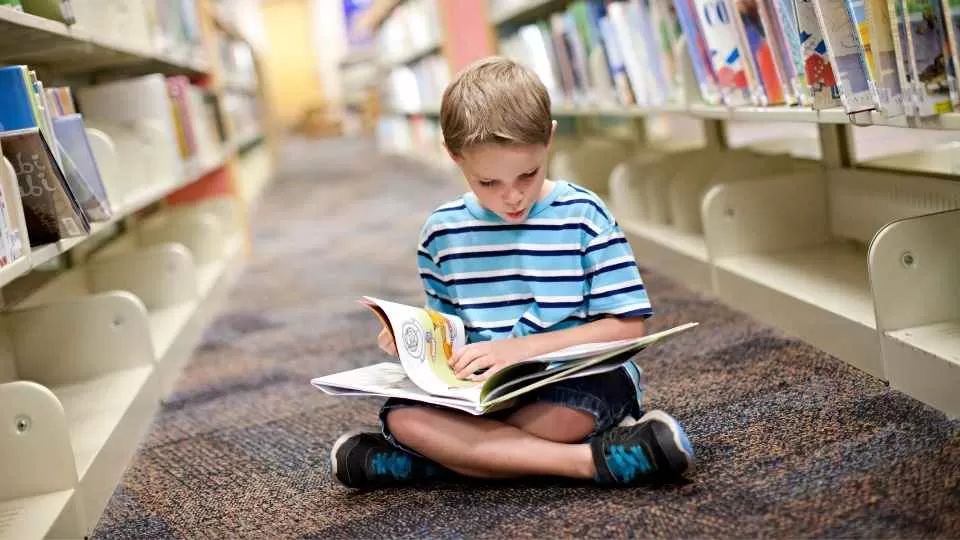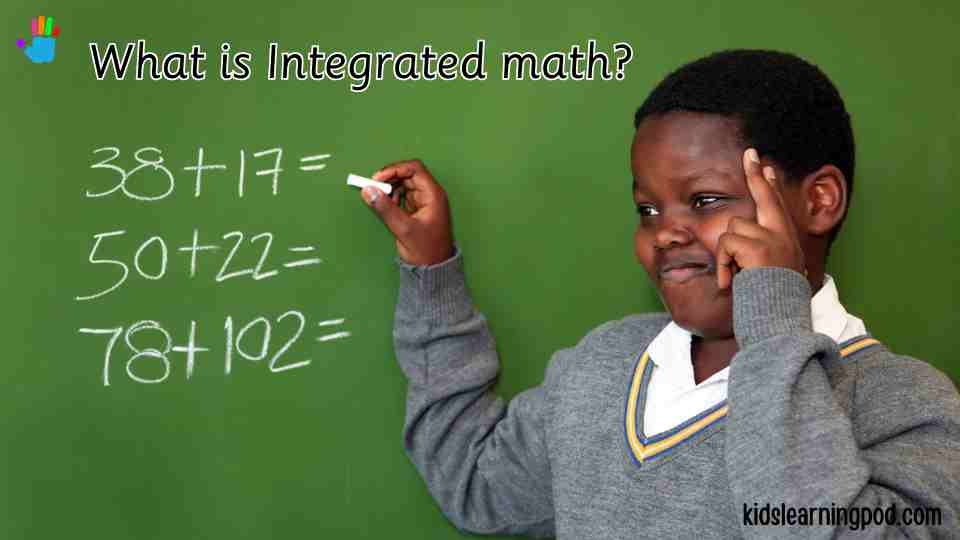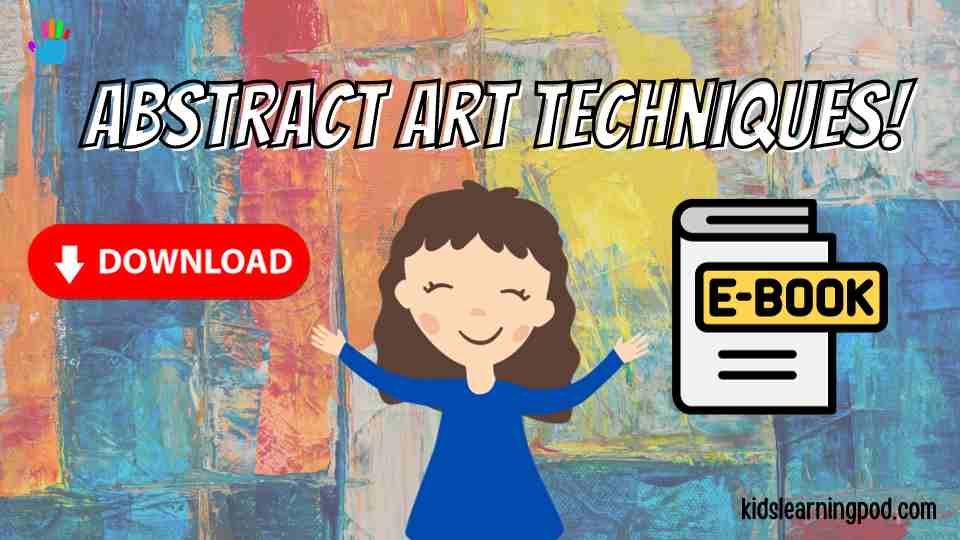Table of Contents
Early childhood special education teachers play a crucial role in the lives of children under the age of six who face developmental challenges. These educators are dedicated to helping these young learners reach their full potential, making it a rewarding yet demanding career. In this comprehensive guide, we’ll explore the responsibilities, qualifications, advantages, disadvantages, and professional development opportunities in the field of early childhood special education..
Job Description
Early childhood special education teachers work with children who may have a range of difficulties, including speech and vision impairments, limited motor skills, sensory-processing issues, or special learning needs. They often work with children who have recently been diagnosed, assisting in determining the appropriate services and accommodations necessary for their education. Furthermore, they provide support and guidance to parents who are coming to terms with their child’s special needs.
Typical Duties
Administering Special Education Testing
Administering special education testing is a critical step in understanding the unique needs of each child. Through a comprehensive assessment process, early childhood special education teachers gain valuable insights into a child’s cognitive, social, and motor skills. This data serves as the foundation for tailored intervention plans, ensuring that the teaching approach aligns precisely with the child’s requirements.
Expertly conducted testing involves a range of assessments, from standardized tests to observational methods, allowing teachers to identify areas of strength and areas that may require additional support. This meticulous approach enables educators to develop targeted strategies, fostering an environment where each child can thrive academically and socially.
Evaluating Students
In the field of early childhood special education, evaluating students goes beyond conventional grading. It involves a thorough understanding of individual skill levels and functional capacities. Through ongoing assessments, teachers track developmental progress, pinpointing areas of growth and potential challenges.
Focused evaluations enable educators to tailor teaching methods to match each child’s unique needs. This personalized approach ensures that students receive instruction aligned with their current abilities, providing the necessary support for continuous improvement. Regular evaluations also serve as a foundation for collaborative efforts with parents, creating a comprehensive support system for the child’s development.
Curriculum Modification
Curriculum modification is fundamental in early childhood special education. It requires adapting lessons and educational content to match the functional capacity and accommodations of each child. This strategic modification ensures that learning experiences are accessible, engaging, and aligned with the developmental needs of the students.
By tailoring the curriculum, teachers create an inclusive learning environment where every child can actively participate. This approach fosters a sense of accomplishment and empowerment, laying the groundwork for academic success. The expertise lies in seamlessly integrating necessary modifications without compromising the educational integrity of the content, providing a balanced and enriching learning experience.
Co-Teaching
Collaboration is pivotal in early childhood special education, and co-teaching stands out as a powerful strategy. Co-teaching involves collaborative work with general education teachers in integrated learning settings. This partnership combines the expertise of both educators, creating a comprehensive support system for students with diverse needs.
In an inclusive classroom, co-teaching allows for differentiated instruction, ensuring that each child receives personalized support. It promotes a sense of community and shared responsibility for student success. Through effective communication and coordination, co-teachers contribute to a positive and enriching learning experience for all students, regardless of their abilities or challenges.
Parent Meetings
Engaging with parents through regular meetings is fundamental in early childhood special education. These interactions provide a platform for collaborative goal setting and progress assessment. Parental involvement is not only encouraged but essential for creating a unified support system that extends beyond the classroom.
During these meetings, early childhood special education teachers share insights into a child’s development, discuss individualized education goals, and address any concerns or questions parents may have. This collaborative approach ensures that educational strategies are consistent between home and school environments, promoting a holistic and supportive learning experience for the child.
Materials Creation
The creation of teaching materials is a skill that sets early childhood special education teachers apart. These materials are not generic; they are crafted with precision to meet the specific needs of each child. From visual aids to interactive tools, materials are designed to enhance the learning experience for students with diverse abilities and learning styles.
Expertly created materials consider factors such as sensory preferences, communication methods, and individualized goals. This attention to detail ensures that the learning environment is rich with resources that support and challenge students appropriately. The ability to create tailored materials showcases the adaptability and creativity required in the field of early childhood special education.
Motor Skills Support
Assisting children with motor skills challenges is a core responsibility for early childhood special education teachers. This includes supporting those with conditions like cerebral palsy, where motor coordination may be a significant concern. Teachers employ targeted interventions to enhance fine and gross motor skills, promoting independence and participation in daily activities.
Through specialized activities and exercises, educators aim to strengthen motor skills and improve overall coordination. The emphasis is not only on physical development but also on empowering children to navigate their environment with confidence. This hands-on approach requires a deep understanding of each child’s unique challenges and the application of evidence-based practices to foster optimal motor development.
Creating Inclusive Environments
Ensuring an appropriate learning environment for students with sensory processing challenges is a nuanced aspect of early childhood special education. Sensory-friendly spaces are designed to accommodate the diverse sensory needs of students, creating an inclusive atmosphere where everyone can engage comfortably.
From lighting choices to seating arrangements, early childhood special education teachers strategically plan the physical environment. This attention to detail aims to minimize sensory overload and create a calming atmosphere conducive to learning. By tailoring spaces to address sensory challenges, educators contribute to a supportive and inclusive educational experience for all students.
Parent Guidance
Guiding parents on how to support their child’s development is a crucial facet of early childhood special education. Parents often face unique challenges when navigating the needs of a child with special requirements. Educators serve as valuable resources, offering insights, strategies, and emotional support to empower parents on this journey.
By providing guidance on effective communication, behavior management, and home-based learning activities, early childhood special education teachers strengthen the partnership between home and school. This collaborative approach enhances the consistency of support for the child, promoting a seamless transition between learning environments.
Individualized Instruction
The heart of early childhood special education lies in individualized instruction. Teachers employ precision teaching strategies, such as imitation, repetition, and problem-solving, to cater to the specific needs of each child. This approach recognizes and embraces the diversity of learning styles and abilities within the classroom.
Through one-on-one instruction, educators can address the unique challenges and strengths of each student. This personalized interaction fosters a deep understanding of individual learning preferences, allowing teachers to tailor their methods for maximum impact. The commitment to individualized instruction reflects the dedication to unlocking the full potential of every child.
IEPs and Accommodations
Completing evaluative and accommodation forms, including Individualized Education Programs (IEPs), is a meticulous process in early childhood special education. IEPs outline the educational path for each student, detailing necessary accommodations and support services. These personalized plans serve as roadmaps for educators, students, and parents alike.
Early childhood special education teachers navigate the IEP process with expertise, ensuring that goals are realistic, measurable, and tailored to the child’s developmental needs. By actively involving all stakeholders in the planning and review process, educators contribute to the creation of a supportive and collaborative educational framework that prioritizes the success of each student.

Qualities of a Good Early Childhood Special Education Teacher
A successful early childhood special education teacher should possess the following qualities:
- Commitment: A deep commitment to enriching the lives of children with special needs.
- One-on-One Focus: Comfort working one-on-one with students in specially designed classrooms.
- Passion for Education: A genuine passion for education and making a difference.
- Patience and Compassion: Patience and compassion in dealing with diverse student needs.
- Kindness: A kind and empathetic demeanor.
- Organization: Strong organizational skills to manage individualized plans for multiple students.
- Flexibility: Flexibility to adapt to evolving classroom dynamics.
- Creativity: Creative teaching approaches to address unique challenges.
- Hard Work: A strong work ethic and dedication to student success.
- Collaboration: The ability to collaborate effectively with colleagues.
- Resourcefulness: Resourcefulness and imaginative problem-solving.
In-Depth Insight into Early Childhood Special Education
Early childhood special education teachers provide instruction, guidance, and mentorship to children under the age of six with special needs. Their work has a profound impact on a child’s future, particularly in areas such as social skills, motor skills, language, and speech. These educators may work in various settings, including preschools, clinical institutes, daycares, or kindergarten classrooms. The specific setting depends on the severity of the students’ special needs.
These teachers adapt lessons and learning objectives to help students with various challenges progress academically and socially. They also communicate their findings to parents, administrators, counselors, and other stakeholders.
Early childhood special education classrooms typically have a low student-to-teacher ratio, allowing for individualized attention. Teachers collaborate with other educators, therapists, and parents to ensure educational goals align with each student’s needs and progress.
As students approach kindergarten and first grade, early childhood special education teachers develop Individualized Education Programs (IEPs) for each child, outlining necessary accommodations. They track progress and ensure students receive the services described in the IEP.
Education and Certification
To become an early childhood special education teacher, you typically need:
- Education: A bachelor’s or master’s degree.
- Study Time: 4-6 years.
Public school teachers must have a bachelor’s or master’s degree and a teaching certificate issued by the state where they teach. While some private schools and daycares may have less stringent requirements, higher education levels, especially in special education, are often preferred. Some teachers major in a general education area and minor in special education.
A master’s degree in special education can provide a competitive advantage, focusing on instructional strategies, inclusive education, and Response to Intervention models.
Certification and Licensing
State-issued teaching certificates or licenses are generally required for early childhood special education teachers in public school districts. Private schools and institutions may have their own criteria. Certification and licensing requirements vary by state, and professional development courses are often required to maintain certification.
Salary and Employment Outlook
The salary of early childhood special education teachers varies based on factors like location, experience, and education. According to the Statistics, the median income for preschool-level early childhood special education teachers is $50,000, with a range from $34,000 to $100,000. For kindergarten-level teachers, the median is $60,000, with a range from $40,000 to $95,000. Agencies reports average salaries ranging from $40,000 to $60,000 for early childhood special education teachers.
The employment outlook for special education teachers is projected to grow by 5% from 2020 to 2026, driven by earlier identification of challenges and increased enrollment in special education programs. Federal laws mandate consistent financial support for special education, contributing to this demand.
Advantages and Disadvantages
Pros:
- Inspire Young Minds: Make a significant impact on children’s lives.
- Engaging Work: Hands-on, engaging work with students.
- Change Lives: Contribute to the development of students with special needs.
- Close Relationships: Build one-on-one relationships with students.
- Dedicated Colleagues: Collaborate with professionals dedicated to helping special needs children.
- Unique Daily Experiences: Every day is unique in the classroom.
Cons:
- Emotional Attachment: Emotional attachment to students can be challenging.
- Alignment Challenges: Aligning teaching experience with parents’ goals can be difficult.
- Paperwork: Extensive paperwork associated with each special-needs student.
- Testing Burden: Extensive testing to evaluate student progress.
- Standards and Funding: Compliance with state and local standards, dependent on school funding.
- Long Hours: Long hours during the school year.
- Training Demands: Extensive training requirements.
Professional Development
Continuing education is vital for staying current and enhancing your value in the job market. Options include:
- Board Certification in Special Education: A national standard certification for professionals working with children with learning disabilities.
- Additional Certifications: Special education teachers can earn certifications in specific areas.
- Master’s Degree: Provides in-depth knowledge and distinguishes candidates.
- PhD or EdD in Education: For those aspiring to leadership roles in special education.
Professional Associations
Consider joining professional associations in the field, such as:
- National Association of Special Education Teachers
- Council for Exceptional Children
- Learning Disabilities Association of America
Early childhood Special Education, for future teachers
Conclusion
Early childhood special education teachers play a pivotal role in shaping the lives of children with special needs. This comprehensive guide has provided insights into their responsibilities, qualifications, advantages, disadvantages, and opportunities for professional development. To excel in this rewarding field, a deep commitment to the well-being and development of young learners is essential, as is staying informed through online resources and professional associations.
FAQs
What is the role of the early childhood special education teacher?
The Early Childhood Special Education (ECSE) Teacher operates under the guidance of the School Principal and the Director of Special Education. Responsibilities include delivering developmentally appropriate instruction, conducting assessments, and creating program plans for students with various special needs, including learning disabilities, intellectual disabilities, emotional disturbance, autism, health impairment, and traumatic brain injury, spanning from birth to prekindergarten. The teacher is tasked with monitoring and assessing student progress and behavior, researching, acquiring, and providing instructional materials for special education services. Additionally, the ECSE Teacher serves as an informational resource for students, parents, District personnel, and community organizations, functioning effectively within both inclusive and self-contained classroom environments.
Who are the workers in the field of early childhood special education?
An early childhood special educator collaborates with children facing diverse developmental delays. This collaborative effort involves working alongside speech therapists, occupational therapists, physical therapists, and other professionals to create a team-oriented approach, ensuring the most effective methods for a child’s learning and development.
Who is an early childhood teacher?
An early childhood teacher is a professional who operates in an early care and education environment, catering to the needs of young children ranging from birth to eight years old.





